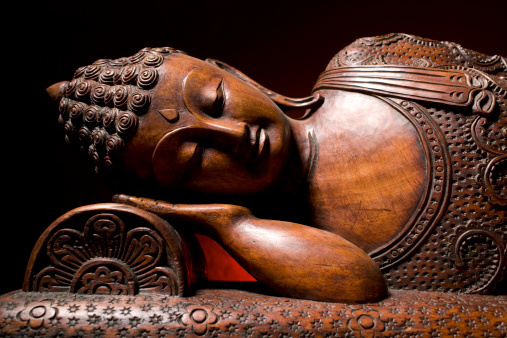It’s stressed in shastras that we need to rely on the dharma, rather than the person. Which means in the course of dharma study and research, we need to have conviction and rely on the authentic dharma or truth, rather than rely on the person’s fame, status, or power. We need to analyze if this person’s words are in accordance with the dharma and the truth, if the answer is yes, then we can trust this person’s words. Otherwise, regardless how famed a person is, we should not follow this person’s words blindly.
~Depicted from LUMINOUS WISDOM BOOK SERIES











